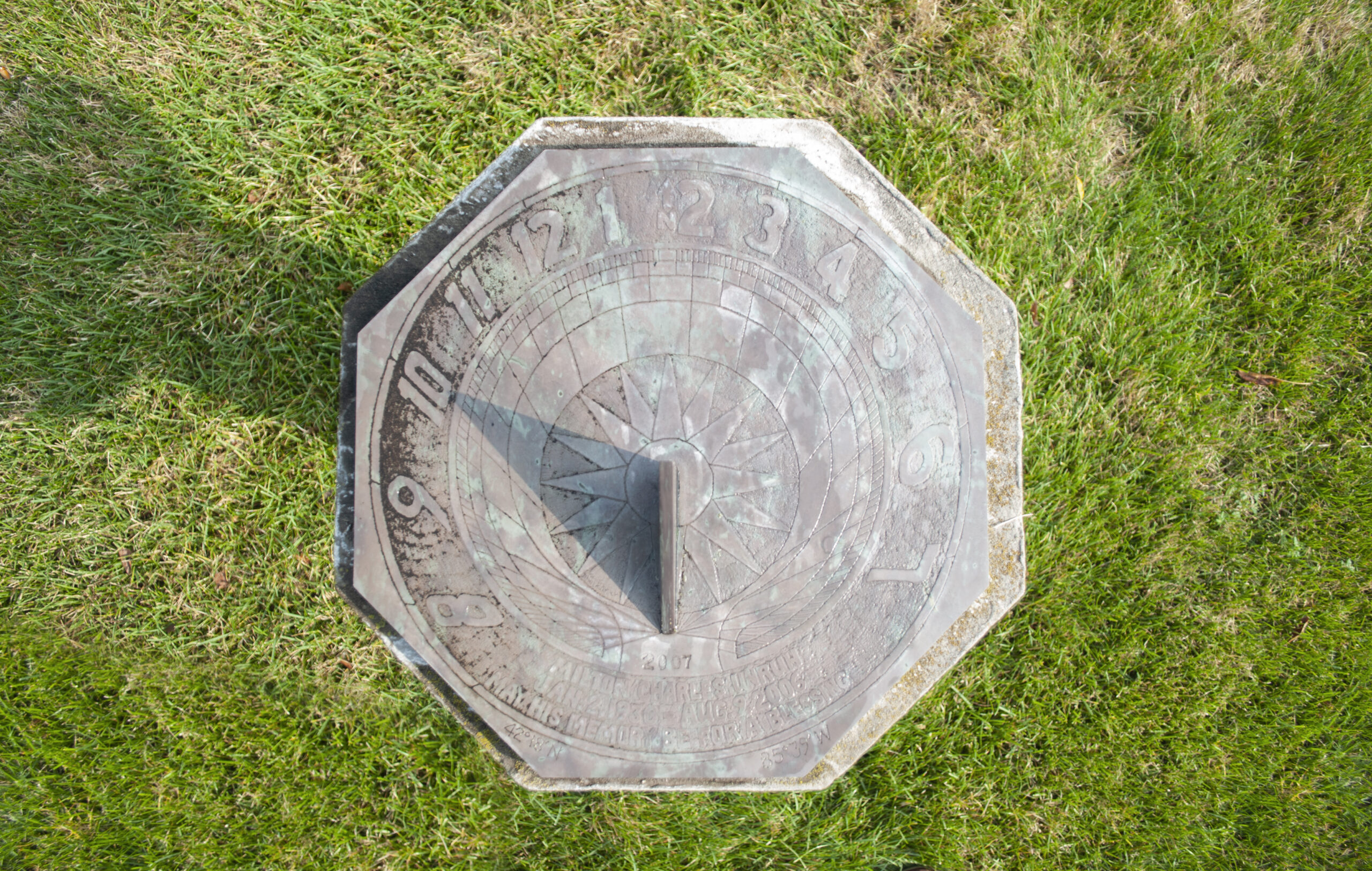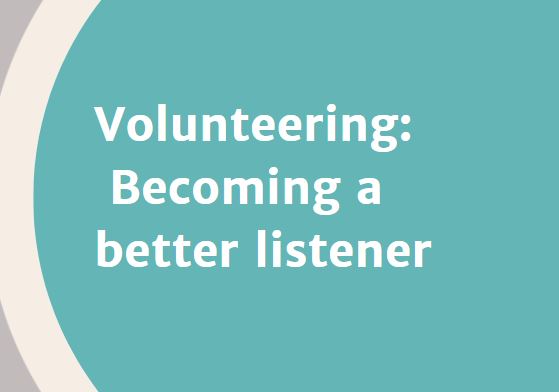For years, Centrica Care Navigators has hosted a veteran pinning service, where a volunteer meets with a patient who is a veteran at their house, at a care facility, or wherever they call home.
The patient receives a certificate with their name and branch of service, and the volunteer reads from a card, thanking them for their devotion to this country. “You endured hardships and you were willing to risk your life to maintain our freedom,” it reads. An American flag pin goes on the veteran’s lapel.
Someone who served in the United States military is always a servicemember, even decades after their active duty. It’s a one-of-a-kind recognition that’s made all the more significant when it’s performed by a fellow veteran.
Veterans who are volunteers
The veteran pinning ceremony makes use of materials from the National Hospice and Palliative Care Organization’s We Honor Veterans program. The ceremony is often done with a patient’s entire family in attendance. Active servicemembers have pinned veterans in the past, and as part of a the Centrica Care Navigators program, veterans who are also volunteers are taking the lead in the ceremonies.
“It’s a good way to honor their service, and a positive surprise,” says Mike, a volunteer who served with the Army during the Vietnam War era. When patients begin end-of-life care with Centrica Care Navigators, they provide a lot of information, but they don’t always mention that they’re a veteran. Mike learned about the history of one patient he pinned during the recording of a Story Catcher, our program for capturing life stories from patients for their loved ones to listen to after their death. He saw parallels to his own experience.
“He was part of what they called the Polar Bear Division, sent to Alaska instead of Vietnam,” Mike says. “My grandfather was a Polar Bear too, during World War I. We talked about training; we both went to Fort Knox in the same year — we probably missed each other by a month.”
“An honor”
Mike says once he learned about the patient’s time in the Army, he wanted to set up a veteran pinning ceremony for him because it receives a positive reaction from patients and their families.
“It’s an honor to be in the service, and it’s an honor for the family too,”
says Mitch, who also served in the Army during the Vietnam War. He recently attended a pinning ceremony for a Marine Corps veteran, and the two teased one another about their time in the military in different branches of service.
“I think he really enjoyed talking with another veteran,” Mitch says. “Veterans appreciate it when there’s camaraderie, there’s someone from the ‘inside.’’
Another volunteer, Nick, served in the Army and was in Vietnam in 1966 and 1967. Before moving to Kalamazoo, he performed veteran pinning ceremonies as part of Vietnam Veterans of Michiana. He says his goal is to form a positive connection with every veteran.
“I try to establish a relationship so no veteran will die alone,” he says.
He made a special connection with the first patient he pinned, a Vietnam veteran who had previously said little about his time in the war.
After the pinning ceremony is complete, the patient asked if he could be alone with Nick. For nearly an hour, the patient shared memories of his time in the military and his feelings about his service. He died the next day.
Nick thinks taking the opportunity to talk about his military service helped the patient find some closure in his life, and may have contributed to a beneficial end-of-life experience.
“I let him speak to me; I’m always trying to find the positive,” Nick says. “You’d be surprised what you can do when you step up.”
Veterans together
At times, the pinning ceremony is scheduled simultaneously for several veterans living in the same facility. Mike was there for a ceremony for 18 veterans, from a 100-year-old nurse who served in World War II to a veteran who served in the Persian Gulf.
“After the pinning we all got together and sang ‘God Bless America,’” he says. “Each individual was quite thankful.”
If you’re a veteran who wants to lead the pinning ceremony for other veterans, or to learn about all our volunteer opportunities, visit the Volunteering page on our website or call 269.345.0273.



